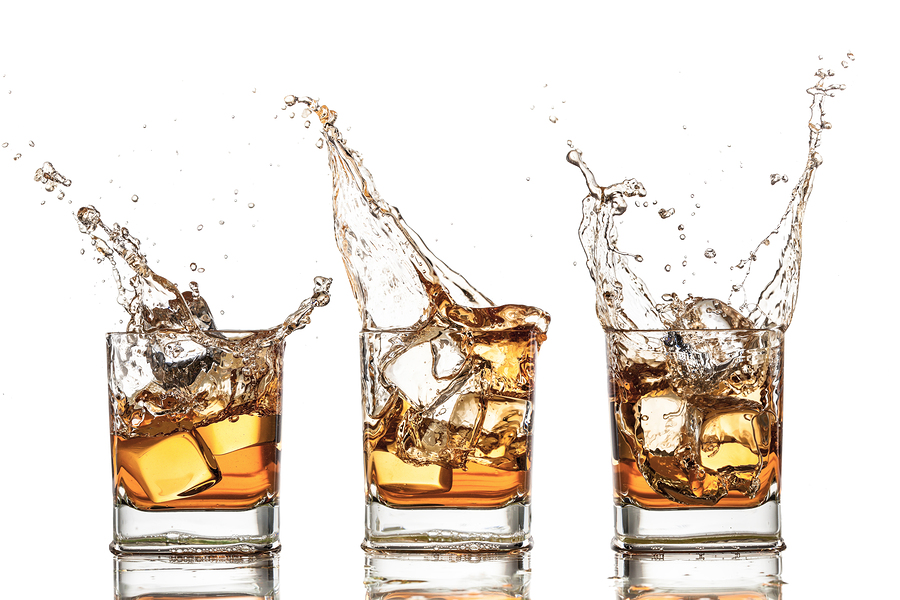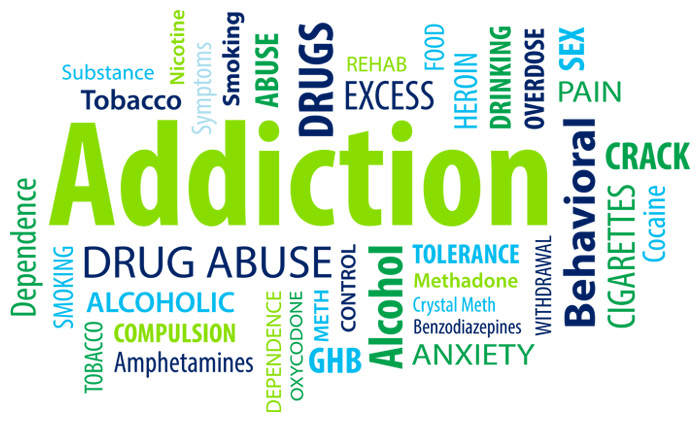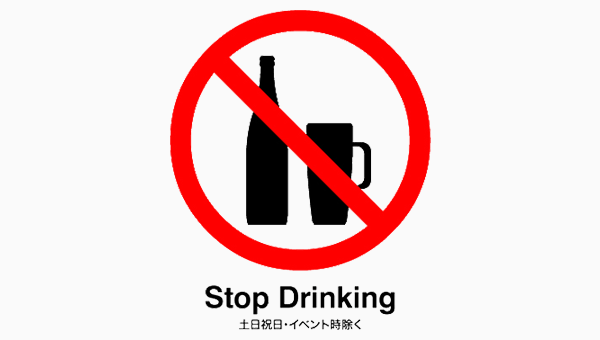Alcohol legalization penalties

Alcohol legalization penalties includes poor health full of diseases and not the gold looking bottles
Alcohol legalization penalties: Psychiatric and Behavioral disorders
Before you can start enjoying your favorite drink alcohol, you need to ask yourself some very important questions. First of what value is this drink adding to your body? Why put the disclaimer on it if it is fit for consumption? Yes, the substance is legal, but why are you being arrested on the road after drinking yet you’re not arrested after taking tea or coffee! Something is definitely not right with this drink. That is what we want to look at even as we focus on the alcohol legalization penalties. Take for instance conditions to with psychiatric disorders. It is true that severely depressed or anxious people are at high risk for alcoholism, smoking, and other forms of addiction. Likewise, a large proportion of alcohol-dependent people suffers from an accompanying psychiatric or substance abuse disorder. Either anxiety or depression may increase the risk for self-medication with alcohol. Depression is the most common psychiatric problem in people with alcoholism or substance abuse. Alcohol abuse is very common in patients with bipolar disorder and schizophrenia.
Long-term alcoholism itself may cause chemical changes that produce anxiety and depression. It is not always clear, then, whether people with emotional disorders are self-medicating with alcohol, or whether alcohol itself is producing mood swings.
Alcohol legalization penalties: Addressing alcoholic risk factors
Finally, I want to believe that you’re not ignorant of the social aspects of alcohol use. The dangers of using alcohol are many and the bitter truth is ones you are addicted, quitting can be challenging. There are very many obstacles along the way like denial and relapse which is very common in addiction treatment and this should concern before even taking that bottle. If I am addressing what is going on in your mind now, we want to bring to you the good news of healing. We want to give you an opportunity to get over it in the most professional way. It is important to appreciate that you cannot go through it on your own.
You will need the opinion of experts in this line and Dr. Dalal Akoury who is also the founder of AWAREmed Health and Wellness Resource Center is the person you need right now. She made a decision to create a medical center whose main objective is to transform each individual’s life through increasing awareness about health and wellness and by empowering individuals to find their own inner healing power. Dr. Akoury’s practice focuses on personalized medicine through healthy lifestyle choices that deal with primary prevention and underlying causes instead of patching up symptoms. I beseech you to take the first step of scheduling an appointment with this great professional for the commencement of your treatment today.
Alcohol legalization penalties: Psychiatric and Behavioral disorders
http://regenerativepotential.com/wp-admin









